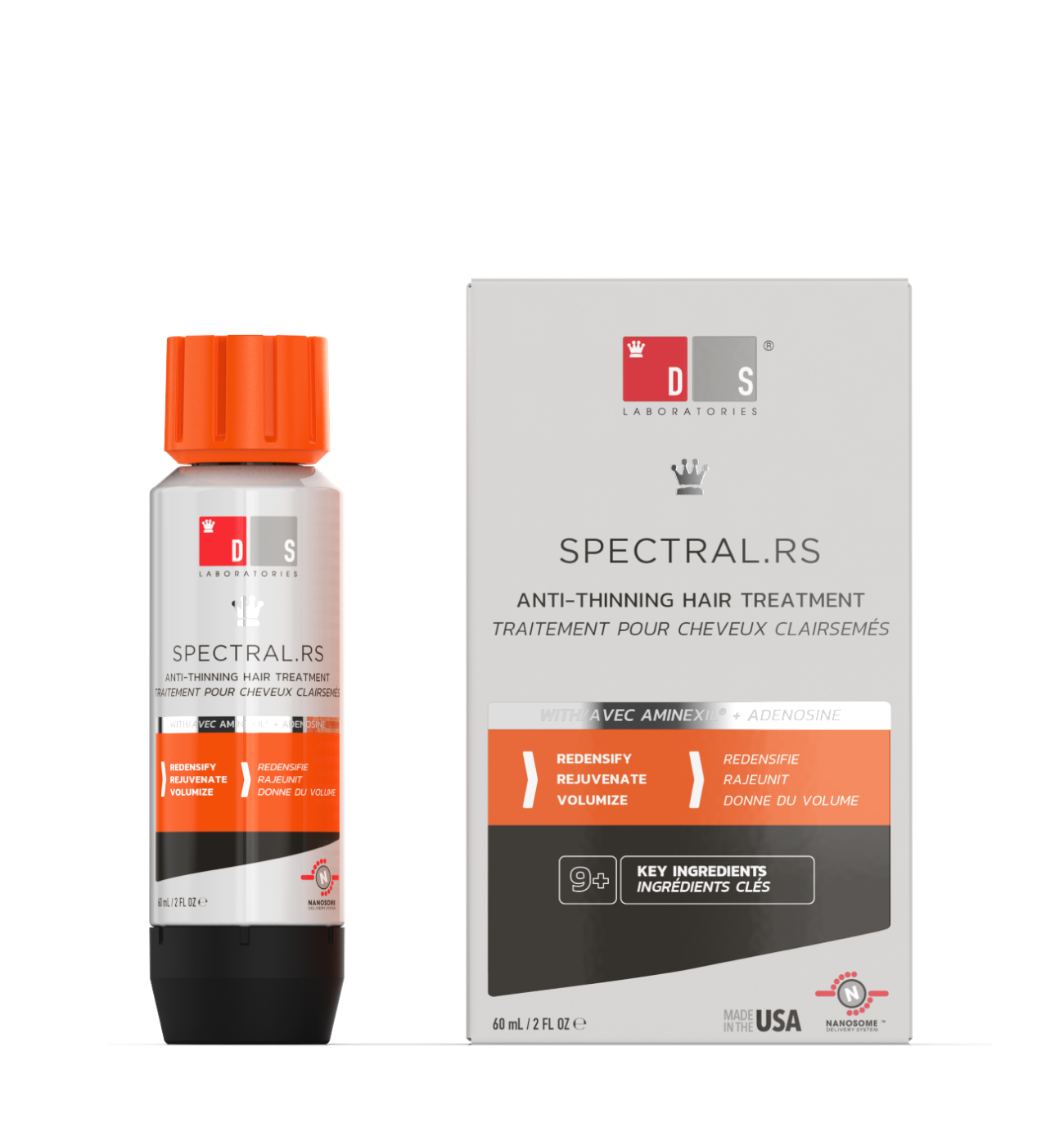Postpartum is a challenging period in the life of every woman. It is a time when a woman's body undergoes a significant amount of hormonal changes, which often results in various physical and emotional changes. One of the most common physical changes that women experience during this period is hair loss or receding hairline. In this article, we will explore the question of whether postpartum causes a receding hairline, the causes of hair loss in postpartum women, and the available treatments.
What is Postpartum Hair Loss?
Postpartum hair loss, also known as postpartum alopecia, is a common condition that affects many women after giving birth. It is characterized by a significant amount of hair shedding, which can lead to hair thinning or even bald spots. The condition usually occurs within three to six months after delivery, and it is estimated that up to 90% of women experience some degree of postpartum hair loss.
Does Postpartum Cause a Receding Hairline?
Postpartum hair loss can cause a receding hairline in some women. This is because the condition often affects the frontal and temporal areas of the scalp, which are responsible for the hairline. However, it is important to note that not all women who experience postpartum hair loss will develop a receding hairline. The severity of the condition varies from person to person, and some women may only experience a general thinning of their hair.
Causes of Postpartum Hair Loss
The exact cause of postpartum hair loss is not yet fully understood. However, it is believed to be related to the significant hormonal changes that occur during pregnancy and after delivery. During pregnancy, the increased levels of estrogen in the body can cause the hair to remain in the growth phase for a longer period, resulting in thicker and healthier hair. After delivery, the estrogen levels drop, and the hair follicles shift to the resting phase, leading to hair loss.
In addition to hormonal changes, stress and lack of sleep are also believed to be contributing factors to postpartum hair loss. The physical stress of childbirth, combined with the emotional stress of adjusting to life with a newborn, can lead to hair loss. Additionally, new mothers often experience interrupted sleep patterns, which can also contribute to hair loss.
Treatments for Postpartum Hair Loss
Fortunately, postpartum hair loss is usually temporary, and most women will experience natural hair regrowth within six to twelve months after delivery. However, there are several treatments available that can help to promote hair growth and reduce the appearance of hair loss.
One of the most effective treatments for postpartum hair loss is minoxidil, a topical solution that is applied to the scalp. Minoxidil works by increasing blood flow to the hair follicles, which can stimulate hair growth. Another treatment option is hair supplements, which contain essential ingredients that promote healthy hair growth.
Our postpartum kit was bundled to get you the most effective products at helping to combat postpartum hair loss.
DS Laboratories offers all these options for women looking to deal with their postpartum hair loss, and specifically of course a receding hairline. See our great line up of products to help below.
Conclusion
In conclusion, postpartum hair loss is a common condition that affects many women after giving birth. While it can cause a receding hairline in some women, the severity of the condition varies from person to person. The exact cause of postpartum hair loss is not yet fully understood, but it is believed to be related to hormonal changes, stress, and lack of sleep. Fortunately, there are several treatments available that can help to promote hair growth and reduce the appearance of hair loss. With time and proper treatment, most women will experience natural hair regrowth and return to their pre-pregnancy hairline.















